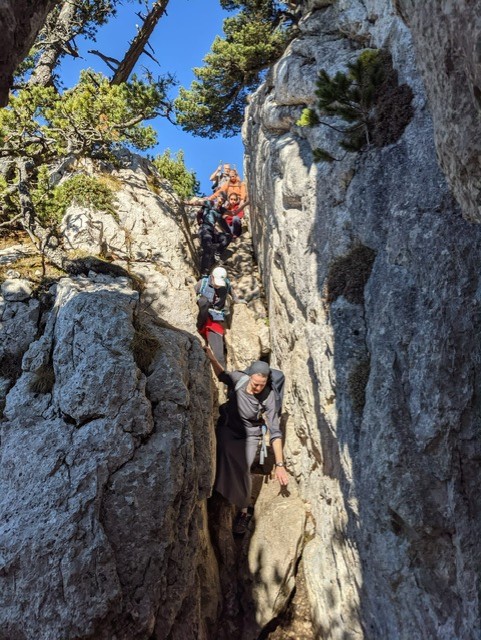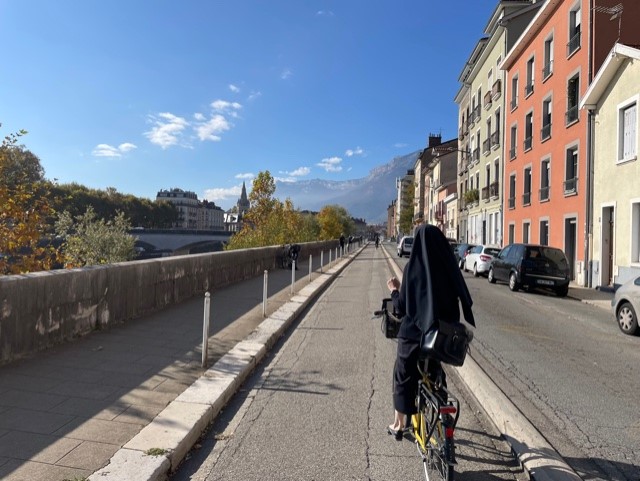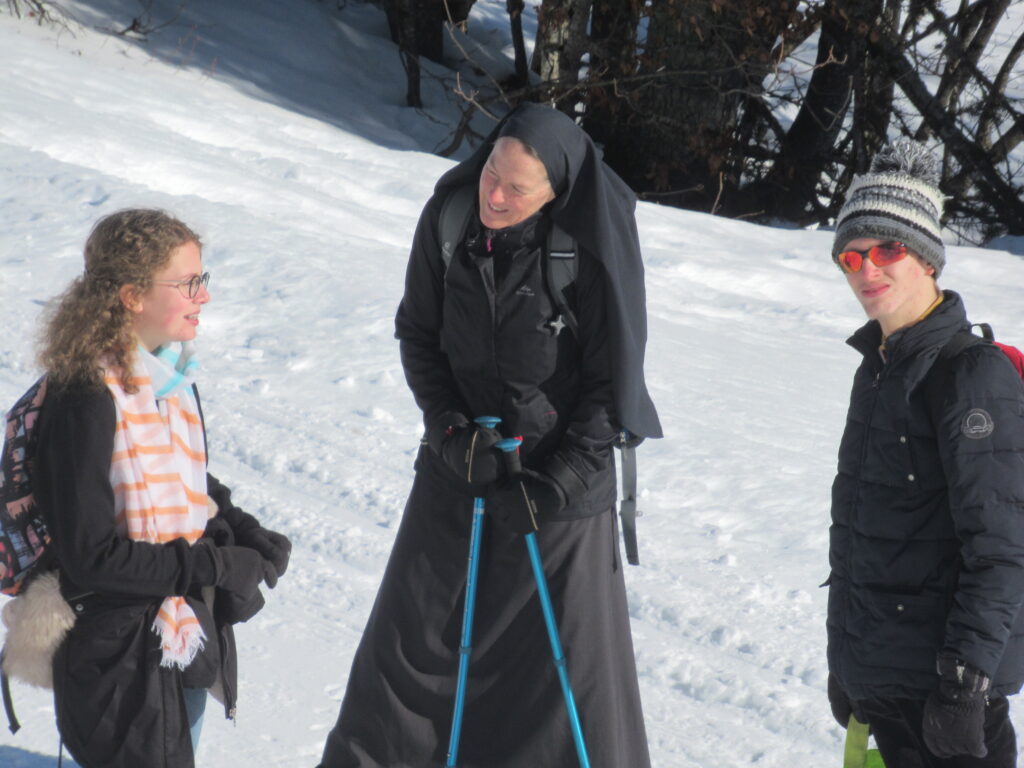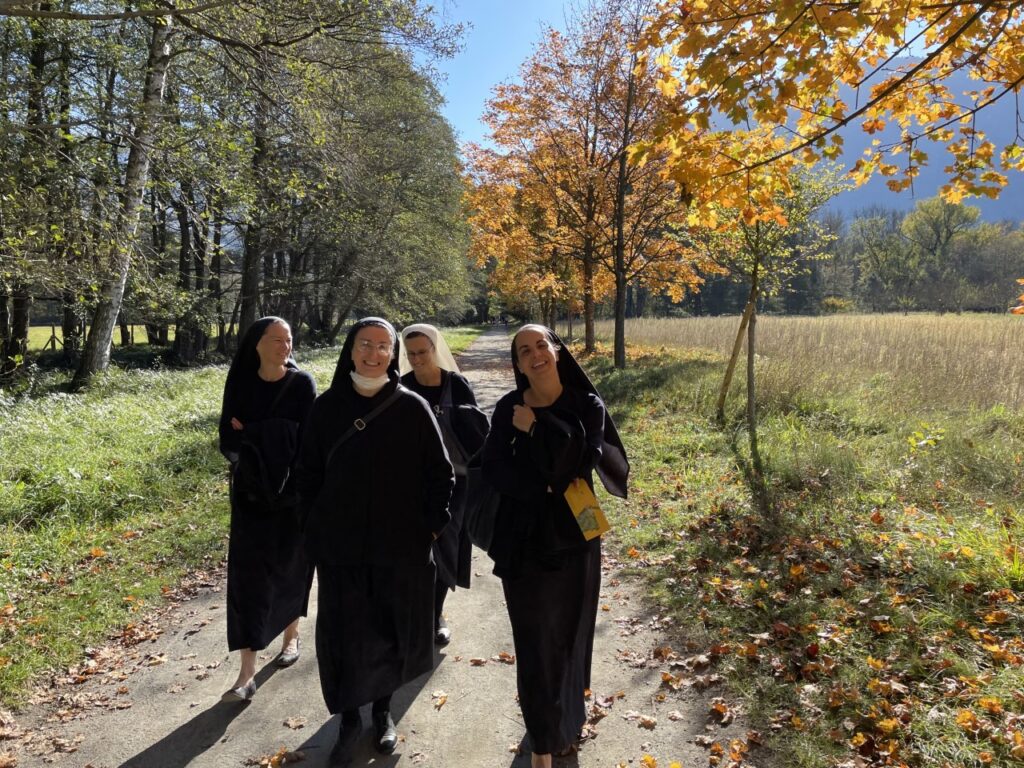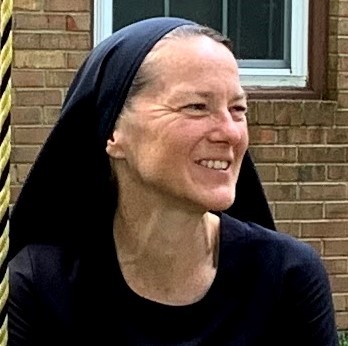I began studying at the Institute in 2004, propelled by the need to understand the Church’s teaching on human love. My primary and secondary education had grazed by me, at best ; my college years, despite having been spent at one of the more prestigious institutions in the U.S., hadn’t left me with much more than a smattering of fragments, re-arrrangeable at will according to ideology. It was thus with very little working material, so to speak, that after college I begin reading Karol Woytyla/John Paul II’s writings on the human person and human love. My growing fascination was matched by the growing intuition that there was far more behind his vision than I was aware of, or than I’d be capable of learning on my own. For this reason alone I applied for the MTS program.
What brought me in the end to stay at the Institute for seven years and a doctoral degree was the profundity of what I’d begun to discover, that whole “behind” to the vision of John Paul II that had originally seemed to beckon to me. A whole universe had begun to open itself up to me and only the prospect of having the time and the freedom to penetrate into it seemed satisfactory and reasonable.
Much happened during those seven years. My dissertation defense took place on a return trip back to D.C. from Rome where, several months earlier, I had entered the Missionaries of Saint Charles Borromeo, an Italian religious community. I then spent eight years in Rome during which I did everything from laundry to prison ministry to teaching courses in the house of formation, and was sent in 2019 to Grenoble, France where, with two other sisters, we opened a house of mission. Our presence here is an offering of friendship and so education in the faith to the young, the old, the families, the hostile and the curious who are entrusted to us. In this context I’ve been teaching English, preparing high school students and adults for the sacraments of baptism and confirmation, as well as collaborating with a sort of Theological Institute of the diocese here. To most people in France today, theology is something akin to blood-letting. It is not taught. It was a happy surprise then, to find myself a bike ride away from this “Centre Theologique,” where I’ve been teaching some theology courses and proposing some other initiatives like a literature symposium and some film discussions.
The Church here is quite poor of culture, and the culture quite poor of Church. I discover more and more that what my Institute education has afforded me— the freedom to take into consideration not just parts but the whole, from the ground up—is a sheer novelty here. In my community, on the other hand, (where this freedom is thankfully not a sheer novelty) we are constantly observing, discussing, attempting to better understand this people–its history, its culture, its ecclesial experience—as an essential aspect of what it means to love them and offer our lives here for them. As for me and what I can contribute to this communal work, my Institute formation is inside of all of my thinking, because my thinking was entirely re-formed from within during my years there. This becomes delightfully evident also on those occasions when I can call on my friends and former JPII colleagues to reason through a particular question with me or when (rarely but beautifully) we see each other in person and can share once again a moment of our thinking, our lives.
